BUILD Grants
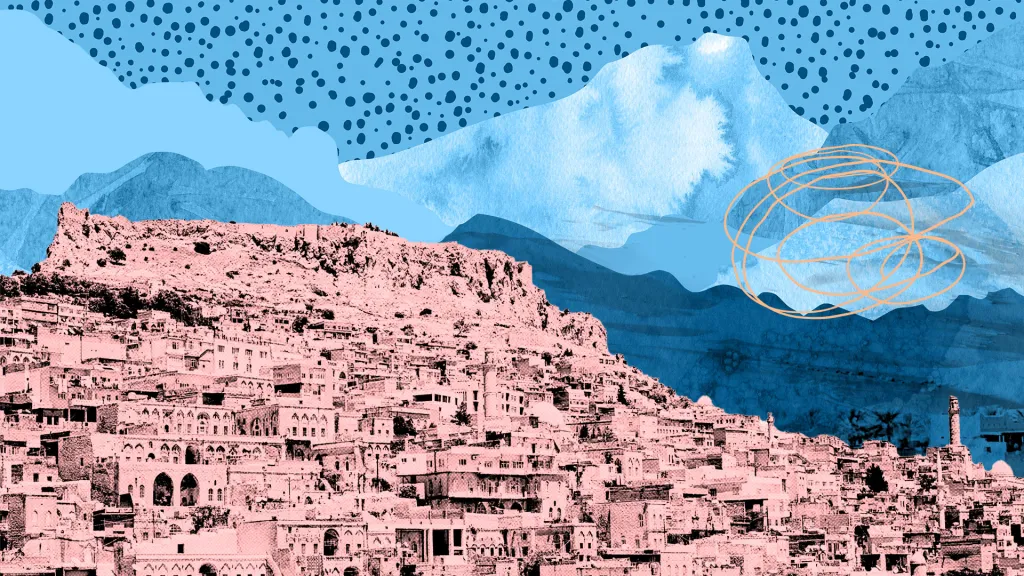
We work to build strong and resilient institutions across the Middle East and North Africa (MENA) to help advance social inclusion and reduce inequality in all its forms.
We provide multiyear BUILD grants to a subset of our grantees in the MENA region so that they can invest in core organizational strengthening. Below is a sample list of organizations in the region that have received BUILD grants to date. Please note this list is not exhaustive of all BUILD grantees in the region.
Action for Hope
Action for Hope believes in the role of arts and culture in empowering individuals and communities, particularly those in distress. It provides people with access to culture and tools for creative expression to enrich their lives, share stories, and encourage establishing support networks. The organization launched with a focus on residents of densely populated urban neighborhoods and Syrian refugees and is extending its work to reach other marginalized communities in the Arab region.
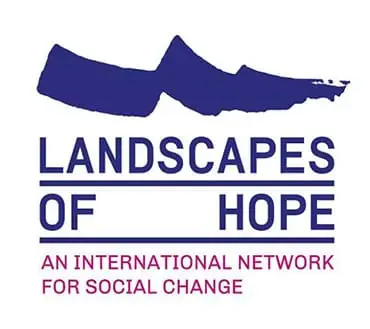 Action for Hope’s project Landscapes of Hope created a collaborative platform among civil society actors in different Global South countries that are working in arts and culture, development, human rights and urban planning. The initiative explores ways to scale up and consolidate efforts to address issues such as freedom of expression, social and economic marginalization, forced displacement and migration, and gender inequality, to name a few. It also highlights the role the arts can play in addressing such issues. Members of Landscapes of Hope bring diverse experiences to handling situations of distress and achieving demonstrable impact.
Action for Hope’s project Landscapes of Hope created a collaborative platform among civil society actors in different Global South countries that are working in arts and culture, development, human rights and urban planning. The initiative explores ways to scale up and consolidate efforts to address issues such as freedom of expression, social and economic marginalization, forced displacement and migration, and gender inequality, to name a few. It also highlights the role the arts can play in addressing such issues. Members of Landscapes of Hope bring diverse experiences to handling situations of distress and achieving demonstrable impact.
Arab Council for the Social Sciences
The Arab Council for the Social Sciences (ACSS) is dedicated to strengthening social science research and academic knowledge production in the Arab world and informing public policy in the region. The ACSS has delineated three critical tasks: 1) building a community of Arab social scientists, 2) building capacity and producing quality research, and 3) generating relevant research agendas to allow the social sciences in the region to prosper despite economic and political constraints.
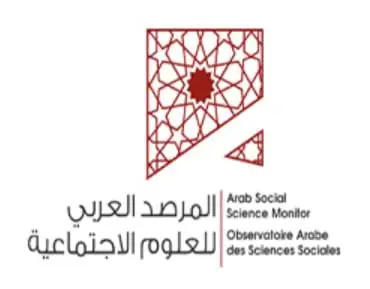 The Arab Social Science Monitor, a major project of the ACSS, is an observatory dedicated to surveying the landscape and assessing the trajectory of social science research in Arab countries as well as following up on emergent research agendas and themes. To that end, both quantitative and qualitative data will be collected and analyzed, and a resource website will be created for the posting and dissemination of the data and analysis. A key publication of the Monitor is the biennial Arab Social Science Report.
The Arab Social Science Monitor, a major project of the ACSS, is an observatory dedicated to surveying the landscape and assessing the trajectory of social science research in Arab countries as well as following up on emergent research agendas and themes. To that end, both quantitative and qualitative data will be collected and analyzed, and a resource website will be created for the posting and dissemination of the data and analysis. A key publication of the Monitor is the biennial Arab Social Science Report.
Culture Resource
Culture Resource (Al-Mawred Al-Thaqafy) seeks to support artistic creativity in the Arab region and encourage cultural exchange within the region and beyond. Culture Resource seeks to fulfill its mission through supporting independent artists and artists-at-risk to tour and create new work, designing capacity-building and training programs, and publishing thought pieces in Arabic aimed at developing cultural managers and organizations and cultural policy research in the region.
The mission of Culture Resource is based on a belief in the importance of independent cultural expression in building democratic societies and in promoting dialogue and respect among societies and nations. In the current context of war, forced migration, and shrinking space for free expression, Culture Resource provides a unique window for independent reflection on the fundamental social changes the region is undergoing.
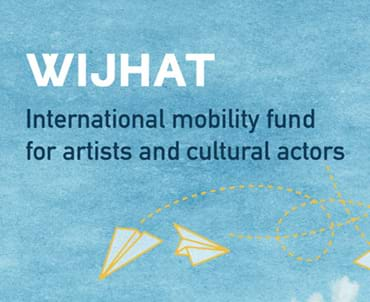 The Wijhat: International Mobility Fund for Artists and Cultural Actors program, launched by Culture Resource in July 2018, aims to promote arts and culture from the Arab region by supporting the local and international travels of artists and cultural actors, providing them the opportunity to operate in a wider context, take part in cultural events and activities, present their work to diverse audiences, exchange knowledge and expertise with peers, and build their professional capacities.
The Wijhat: International Mobility Fund for Artists and Cultural Actors program, launched by Culture Resource in July 2018, aims to promote arts and culture from the Arab region by supporting the local and international travels of artists and cultural actors, providing them the opportunity to operate in a wider context, take part in cultural events and activities, present their work to diverse audiences, exchange knowledge and expertise with peers, and build their professional capacities.
Ettijahat – Independent Culture
Ettijahat – Independent Culture is an institution that looks toward a plural, diverse, intellectually productive, and artistically genuine Syria, where culture is the inalienable right of every citizen. Ettijahat supports Syrian artists, builds alliances between individuals and cultural institutions, and helps Syrian communities wherever they are to gain access to culture and the arts.
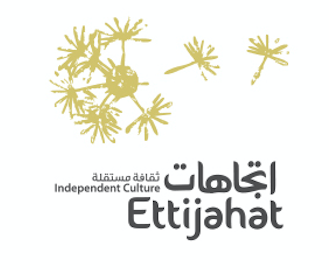 Ettijahat’s capacity-building program aims to provide full-time research opportunities for young Syrian and Palestinian-Syrian researchers (ages 22-35) within the field of cultural studies. The program seeks to enhance the researchers’ skills, providing them with tools and guidance. Often, the program is their first research endeavor following their academic studies, and they benefit from working with experienced cultural researchers who constitute the program’s selection committee and directly supervise the young researchers’ projects.
Ettijahat’s capacity-building program aims to provide full-time research opportunities for young Syrian and Palestinian-Syrian researchers (ages 22-35) within the field of cultural studies. The program seeks to enhance the researchers’ skills, providing them with tools and guidance. Often, the program is their first research endeavor following their academic studies, and they benefit from working with experienced cultural researchers who constitute the program’s selection committee and directly supervise the young researchers’ projects.
The Alexandria Trust
The Alexandria Trust works to fulfill its vision of an Arab region that once again is home to world-class standards of education, recapturing the ancient traditions of Alexandria as a center of learning, where teachers and students engage in vibrant debate and first-rate instruction and scholarship.
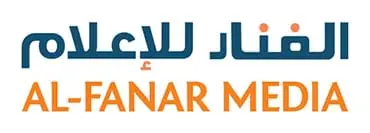 Al-Fanar Media “الفنار للإعلام” (The Lighthouse), a project of the Alexandria Trust, is an interactive online platform dedicated to covering higher education in the Arab region. Launched in 2013, the bilingual site (in Arabic and English) provides a forum for faculty, senior leadership, and students across Arab universities and beyond to learn about one another’s challenges, opportunities, and best practices. It aims to provide balanced, accurate, and insightful coverage of academic life in the Arab world, and seeks to support the training of young journalists interested in covering higher education through responsible and accurate reporting. Al-Fanar Media also serves as a watchdog for academic freedom and inclusion and it champions universities as beacons of culture and scholarship.
Al-Fanar Media “الفنار للإعلام” (The Lighthouse), a project of the Alexandria Trust, is an interactive online platform dedicated to covering higher education in the Arab region. Launched in 2013, the bilingual site (in Arabic and English) provides a forum for faculty, senior leadership, and students across Arab universities and beyond to learn about one another’s challenges, opportunities, and best practices. It aims to provide balanced, accurate, and insightful coverage of academic life in the Arab world, and seeks to support the training of young journalists interested in covering higher education through responsible and accurate reporting. Al-Fanar Media also serves as a watchdog for academic freedom and inclusion and it champions universities as beacons of culture and scholarship.
Arab Fund for Arts and Culture
The Arab Fund for Arts and Culture (AFAC) is an independent initiative that offers financial and professional support to emerging and established artists and contemporary arts and culture institutions across the Arab region. It is recognized as a strong source of support for creative people from the region and as a model for a responsive service provider grantmaking organization. Since its inception in 2006, the AFAC has been dedicated to supporting a diversity of voices and to repositioning culture to be an integral priority for the development of contemporary Arab societies.
AFAC has supported more than 200 institutions and 850 projects, of which 58 percent of the artists are emerging and 40 percent are women. The AFAC is unique among similar organizations in the region in continuously cultivating Arab philanthropy and seeking to match donations from international foundations with donations from Arabs. It has made serious steps toward encouraging investment in culture among a relatively nascent Arab philanthropy traditionally focused on investing in education, health care, and humanitarian aid.
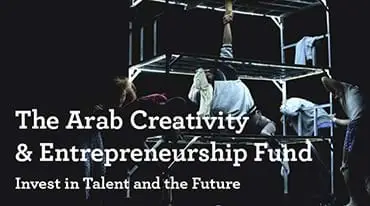 The Arab Creativity & Entrepreneurship Fund is an AFAC initiative to encourage individuals from the Arab region and around the world to buy $1,000 shares—with a goal of reaching $1 million in total—in support of arts and culture initiatives. AFAC’s master class on Philanthropy in Arts and Culture runs in partnership with top European business schools and banks and aims to build the capacity of cultural philanthropy to invest in the social development of the Arab region.
The Arab Creativity & Entrepreneurship Fund is an AFAC initiative to encourage individuals from the Arab region and around the world to buy $1,000 shares—with a goal of reaching $1 million in total—in support of arts and culture initiatives. AFAC’s master class on Philanthropy in Arts and Culture runs in partnership with top European business schools and banks and aims to build the capacity of cultural philanthropy to invest in the social development of the Arab region.
Legal Agenda
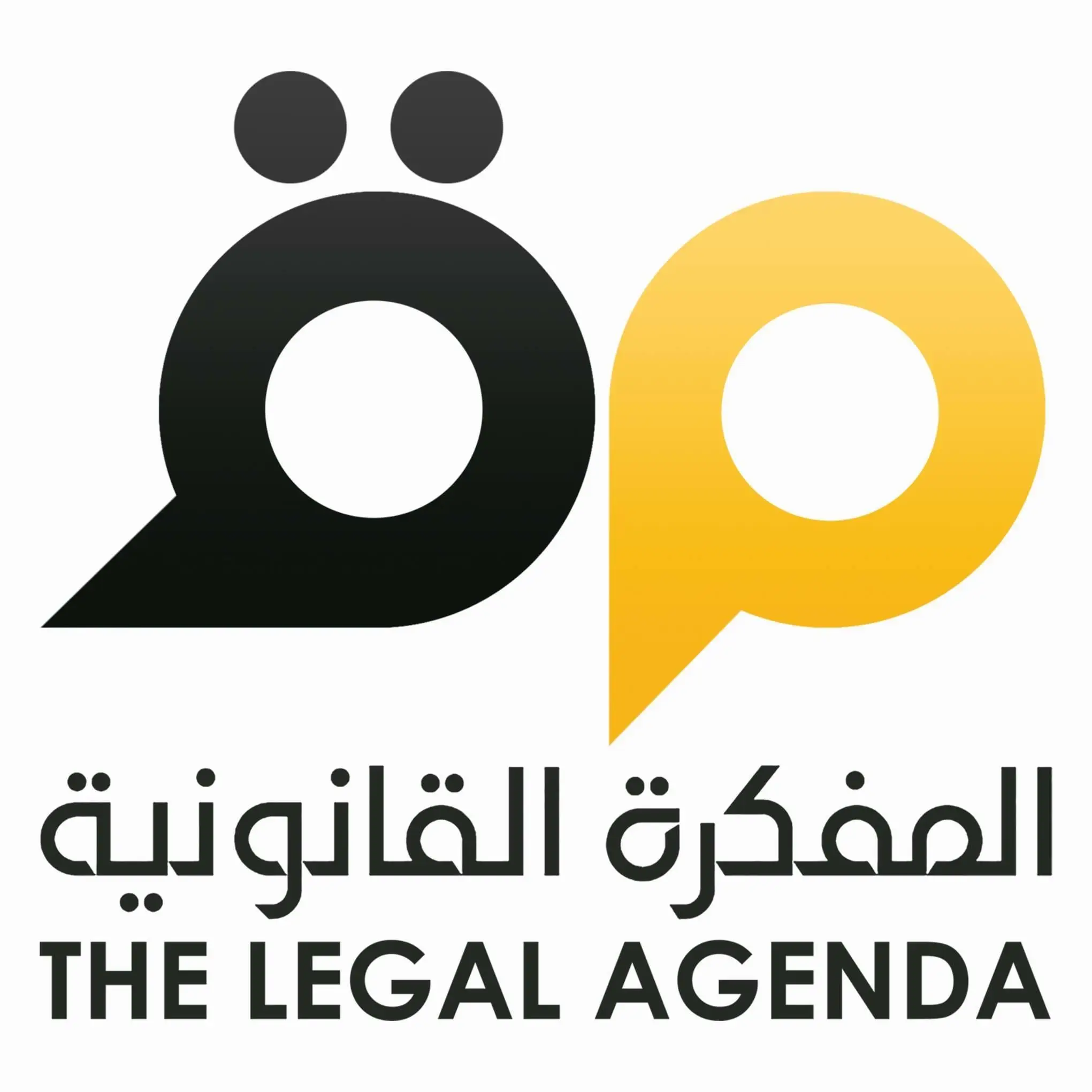 The Legal Agenda’s mission is to bridge the gap between legal studies and public policy making in the Arab world. Based in Beirut, it seeks to introduce socioeconomic and geopolitical thought into legal debate and to strengthen the links between legal research and activism. Through bridging these gaps, the Legal Agenda aims to use the law in favor of public interest, to promote the independence of the judiciary and to allow for more effective and accountable public policy making process. It does this through four main roles: conducting research, developing alternative media platforms, strategic litigation and advocacy.
The Legal Agenda’s mission is to bridge the gap between legal studies and public policy making in the Arab world. Based in Beirut, it seeks to introduce socioeconomic and geopolitical thought into legal debate and to strengthen the links between legal research and activism. Through bridging these gaps, the Legal Agenda aims to use the law in favor of public interest, to promote the independence of the judiciary and to allow for more effective and accountable public policy making process. It does this through four main roles: conducting research, developing alternative media platforms, strategic litigation and advocacy.
AARD
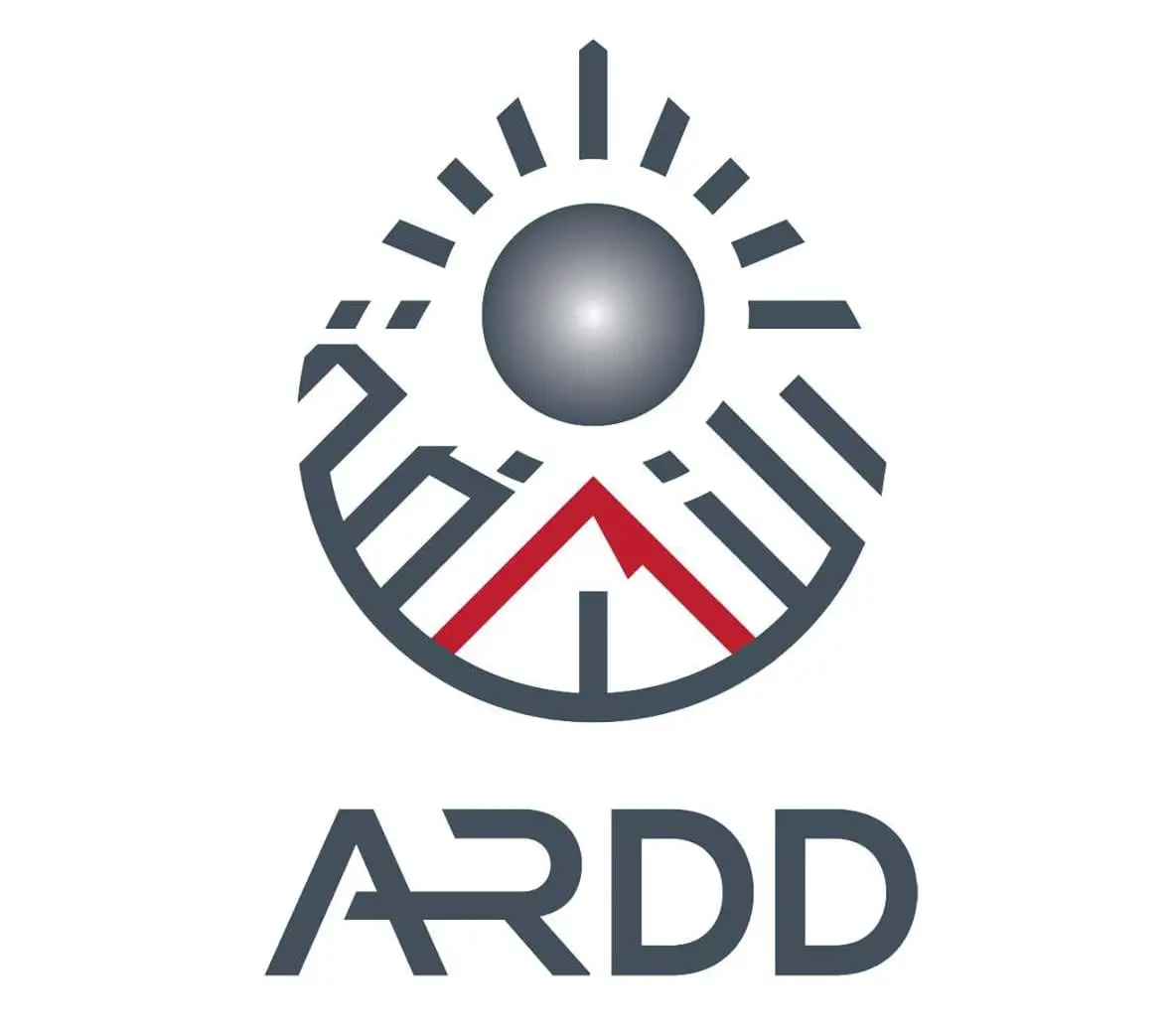 The Arab Renaissance for Democracy and Development (ARDD) aims to work towards greater equality, justice and democracy in Jordan and the MENA region. Headquartered in Amman with offices in various regions in Jordan as well as two offices in refugee camps, ARRD supports marginalized people such as refugees, migrants, women and girls, youth and other vulnerable persons in realizing their social, economic and political rights.
The Arab Renaissance for Democracy and Development (ARDD) aims to work towards greater equality, justice and democracy in Jordan and the MENA region. Headquartered in Amman with offices in various regions in Jordan as well as two offices in refugee camps, ARRD supports marginalized people such as refugees, migrants, women and girls, youth and other vulnerable persons in realizing their social, economic and political rights.
As one of the primary providers of legal aid to vulnerable communities in Jordan, ARRD partners with various international organizations to address gender-based violence in vulnerable communities including refugee camps through legal aid and training of government officials. In 2018, ARRD launched the Al Nahda Center which is a think tank and collaborative research platform designed to anchor the values of Al Nahda—freedom, equality, the rule of law, and civil rights—into modernization and reform efforts in the Arab World. Al Nahda Center seeks to enhance knowledge production on policies, institutions and processes and amplify the internal voices of the region.